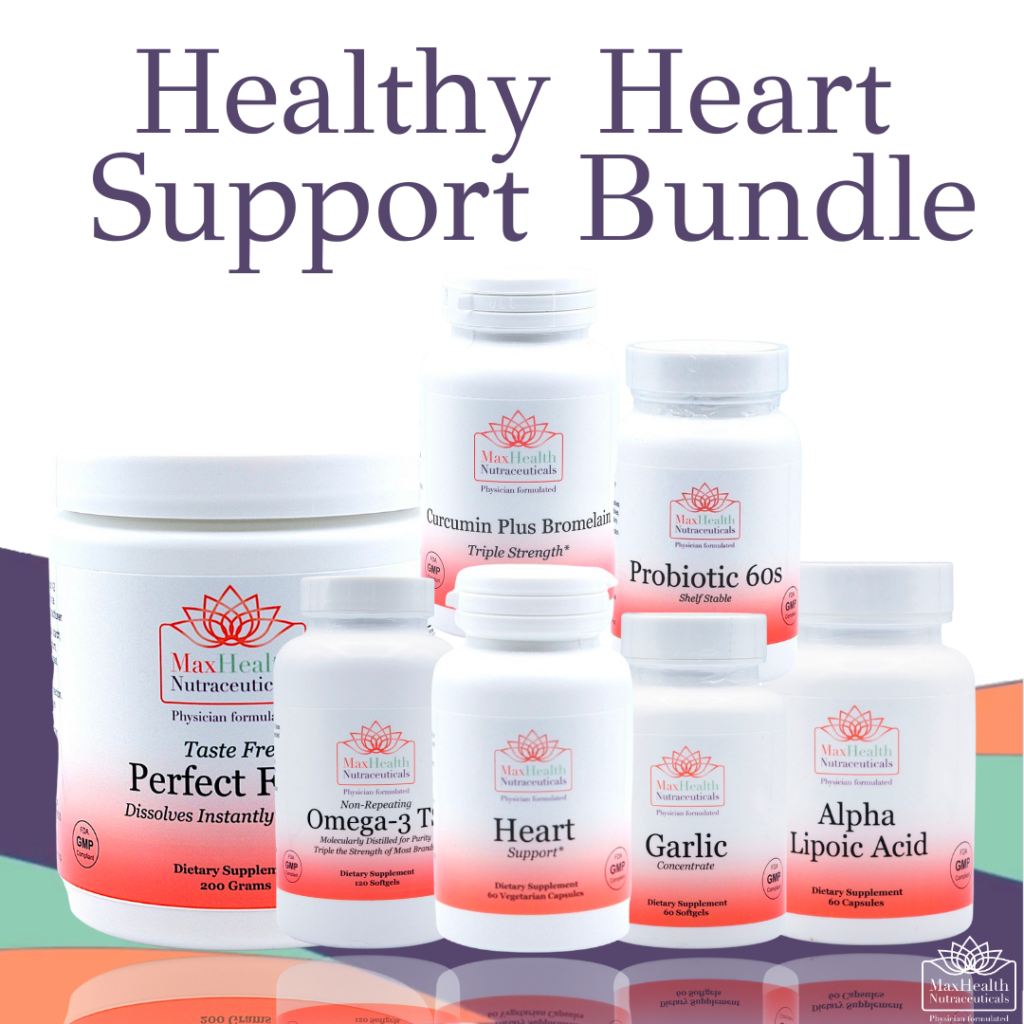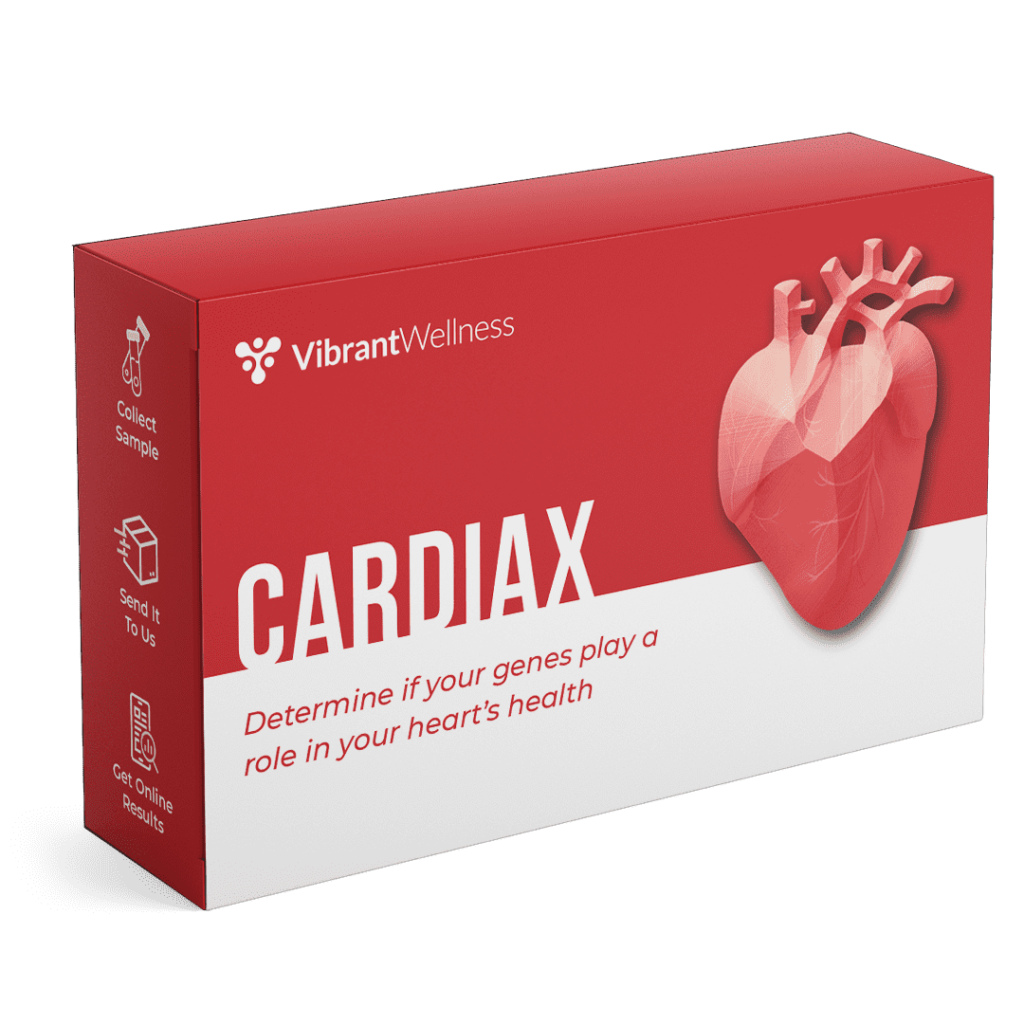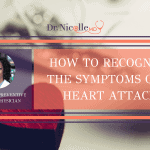
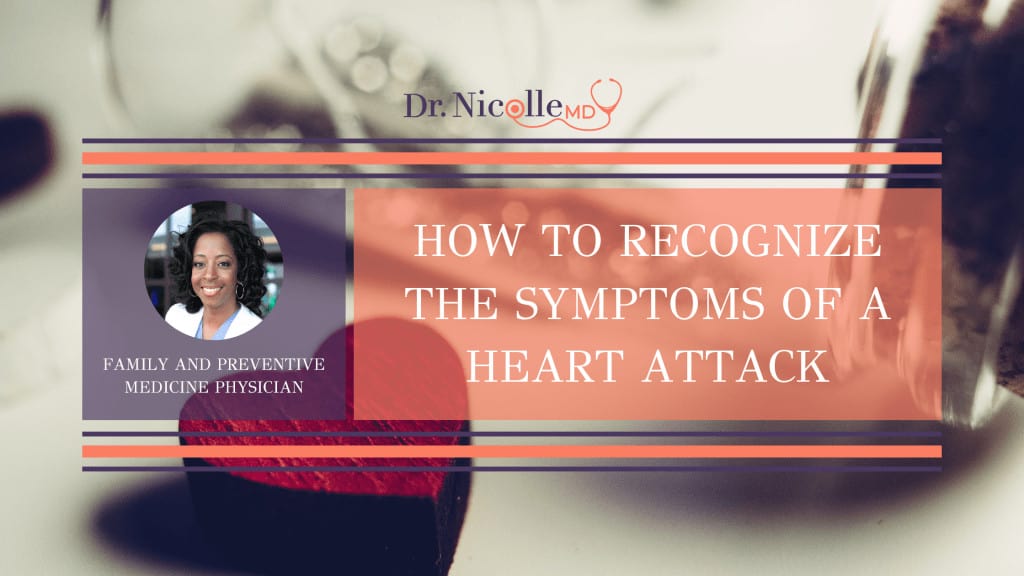
Hello. This is Heart Health Tuesdays! Today, we’ll talk about how to recognize the symptoms of a heart attack. Many people who suffer from heart disease don’t know they have it until they experience a heart attack.
Some heart attacks can seem to come out of nowhere, with almost no warning before they occur. However, most have warning signs that are much easier to detect when you know what you’re looking for.
Whether you believe you have heart disease or not, being able to spot the warning signs of a heart attack could save your life.
How to Recognize a Heart Attack
Knowing the warning signs is a key factor in getting medical help as soon as possible. If you brush off these symptoms as nothing to worry about, you could put yourself in greater danger, so always treat any possible symptoms seriously.
Chest Pain
By far, the most common symptom of a heart attack is chest pain. This usually feels like discomfort accompanied by a squeezing feeling of pressure on the left side or center of your chest. Pain may be severe or fairly mild, so don’t ignore it just because the pressure or tightness is light.
Chest pain is a fairly general symptom, and it can have many causes completely unrelated to a heart attack or heart disease. Chest pain that comes on suddenly with no clear cause is often an indicator of a potential heart attack, and it’s best not to take any risks. This kind of pain is even more likely to be caused by a heart attack if it is accompanied by other common symptoms.
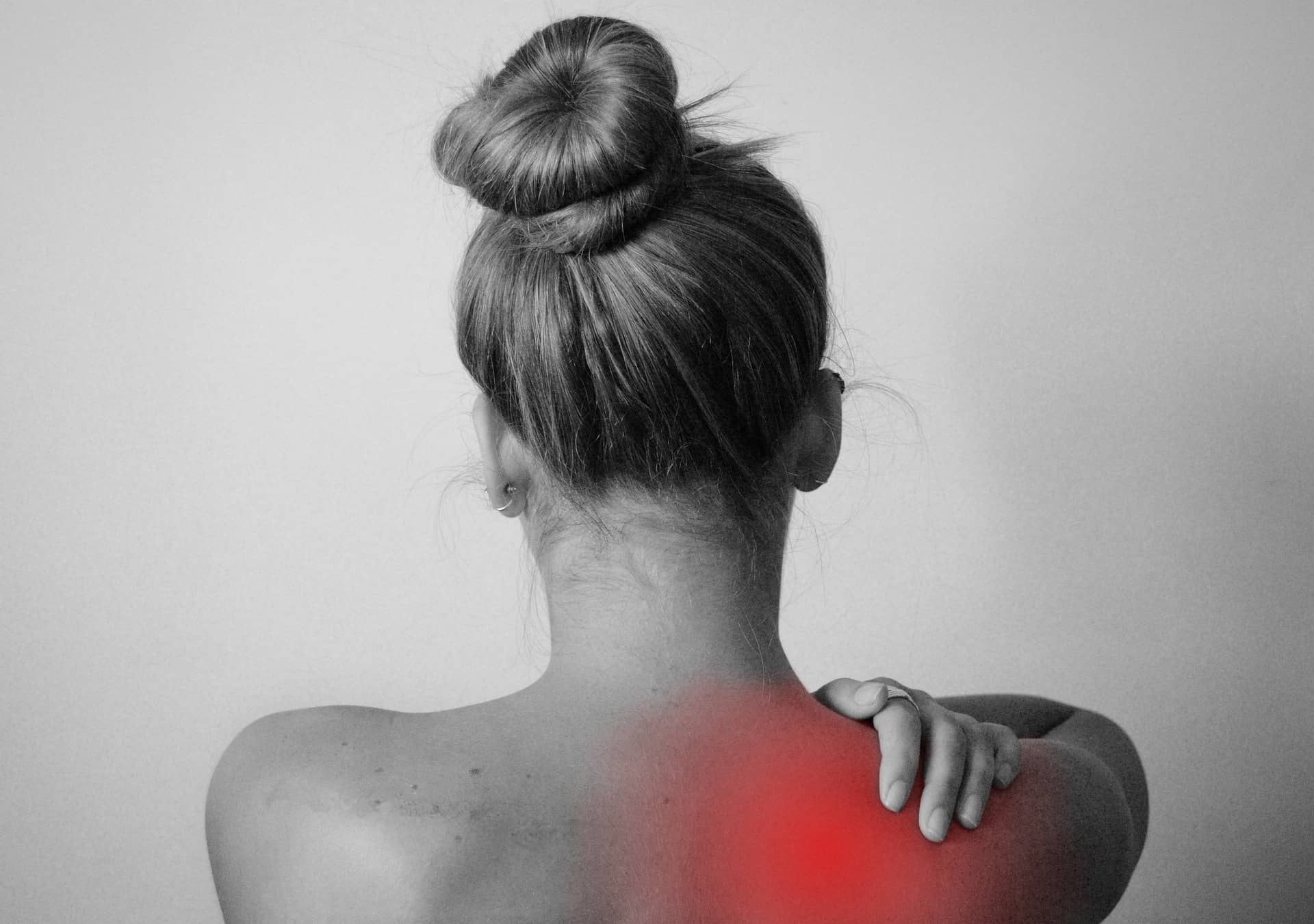
Upper Body Pain
In addition to chest pain, a heart attack can cause pain that radiates through other areas of your upper body. Left arm pain is common, especially for men, but you can also experience pain or tightness in your upper back, neck, and jaw.
Shortness of Breath
Heart palpitations and chest tightness can leave you feeling out of breath during a heart attack. You may struggle to take full, deep breaths, even if you were previously sitting or laying down without issues. If you experience shortness of breath without a clear cause, it could be that you are having a heart attack or another medical emergency.
Nausea
Heart attacks can leave you feeling nauseated, which can sometimes lead to vomiting. Nausea and vomiting are common to many different health conditions both major and mild, but when associated with chest pain and shortness of breath, it might be another indicator of a heart attack.
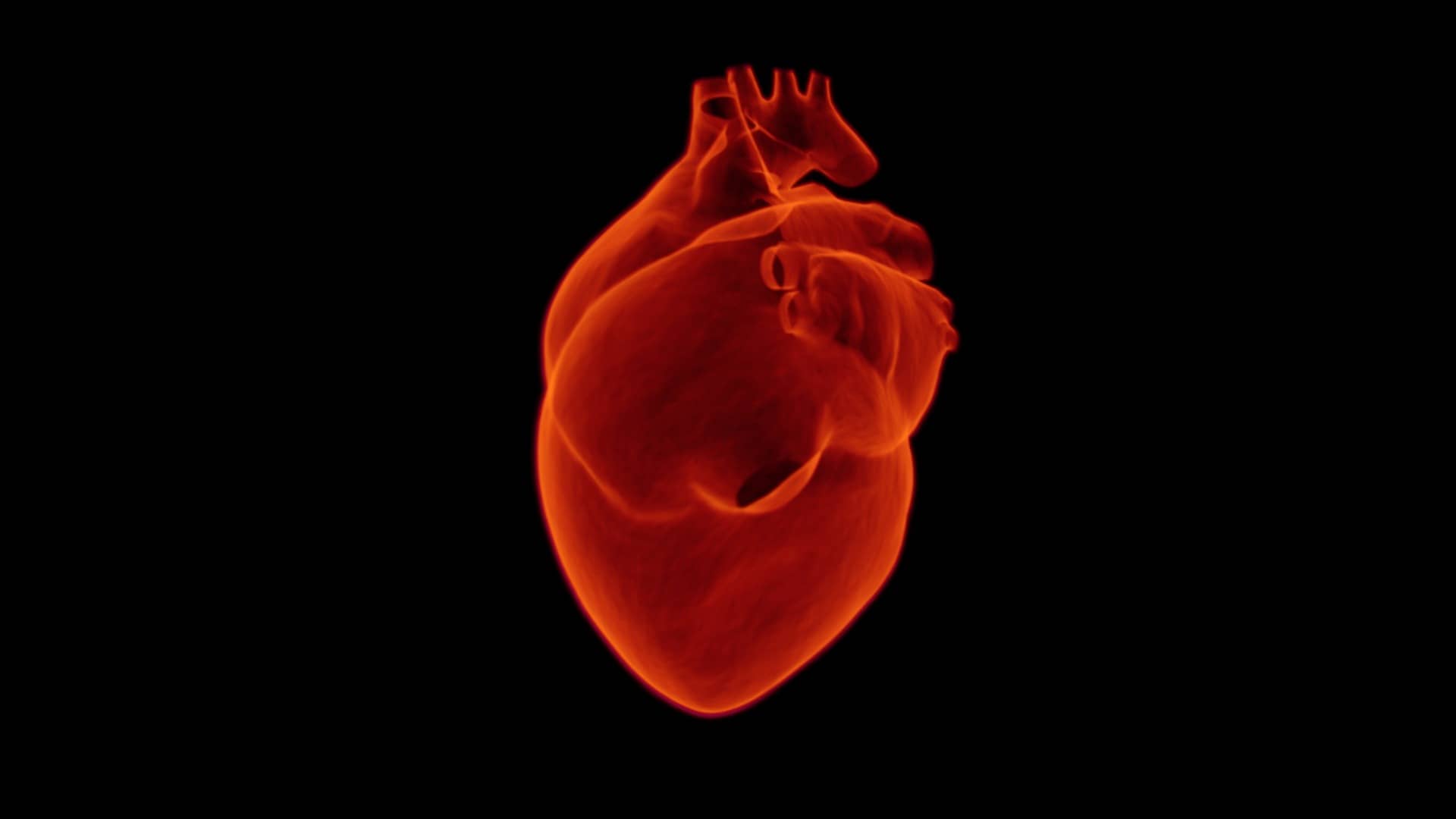
Heart Attack Differences Between Men and Women
Men and women often experience different symptoms for heart attacks.
Men are more likely to feel chest pain, especially pain that feels like squeezing. Shortness of breath, nausea, and pain in the jaw, back, or neck are all common symptoms for men too. Men often experience severe pain in their left arms during a heart attack as well.
For women, left arm pain is much rarer, and the range of symptoms is usually wider. In addition to the regular symptoms, women may also experience sudden and serious fatigue, fainting, or indigestion. Women may not even have chest pain during a heart attack, so it’s especially important to stay vigilant for these less common symptoms.
How to React If You Are Having a Heart Attack
If you think you might be having a heart attack, you should seek medical treatment as quickly as possible. Delaying treatment even by a few minutes can put your life in jeopardy.
First, don’t try to drive yourself to the hospital. It’s better to call 911, as the EMTs who arrive in the ambulance can provide emergency care on the way to the hospital. Additionally, if you lose control while driving, you could get in an accident, delaying help even further and potentially injuring yourself and others.
While waiting for the ambulance, follow any directions the dispatcher gives you. If you’re at home, unlock the door and sit or lie down nearby so the EMTs can reach you faster.
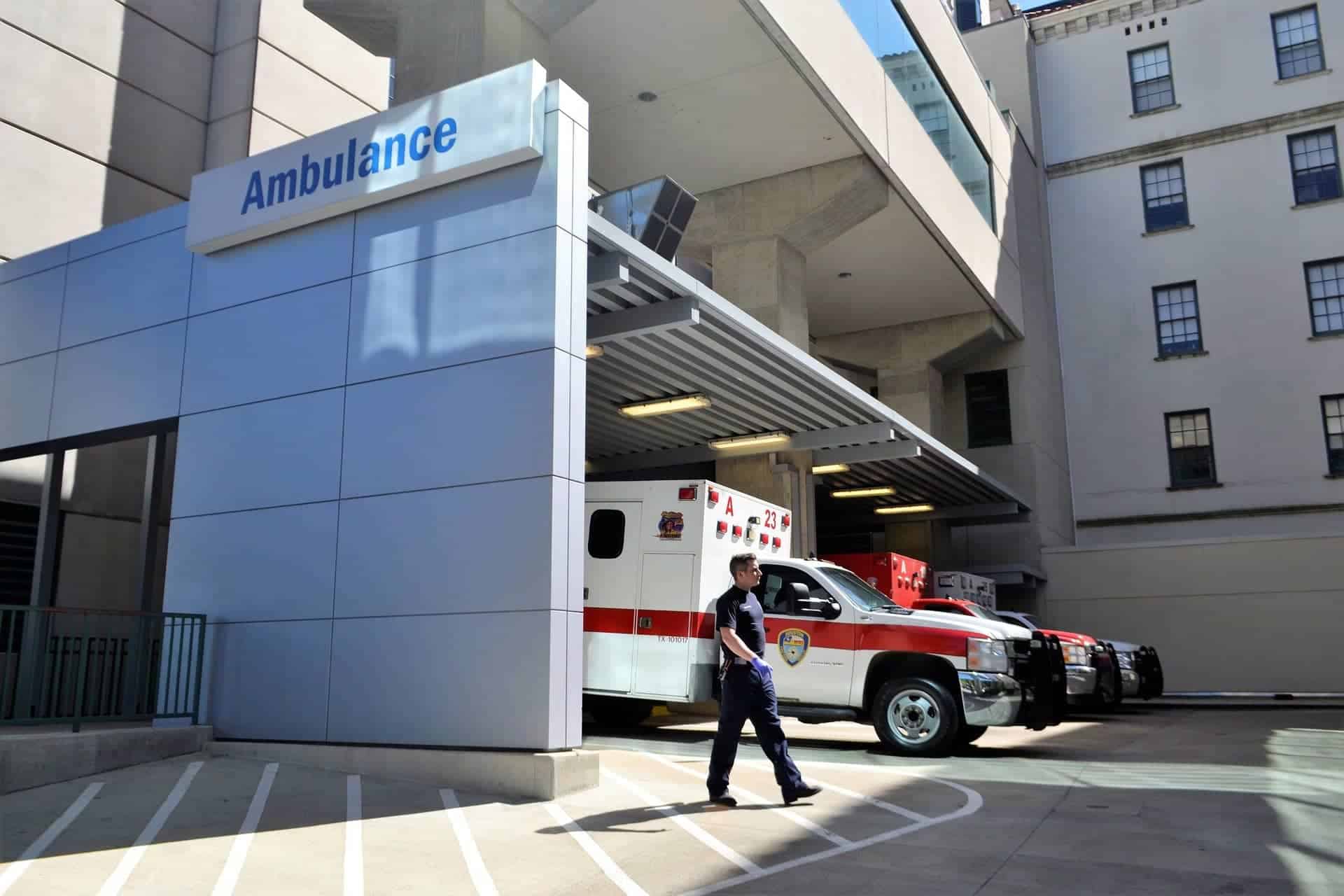
After Receiving Medical Care
Once you see a doctor and you’re on the road to recovery, always follow their advice to improve your heart health and prevent future heart attacks. If you continue the same bad habits as before, you’ll likely make your heart disease worse. About one in five people who have a heart attack will have another within five years, and this risk only goes up if you don’t take care of your body.
If you follow your doctor’s advice and take any necessary prescriptions, you can greatly lower your chances of experiencing a second heart attack and improve your overall health.
Food For Thought
Heart attacks can be unexpected and frightening, but acting quickly increases your chances of making a full recovery. Make sure you understand the signs of a heart attack and always ask for assistance from friends or bystanders right away.
If you would like to receive a free resource sheet to support your quest for better heart health, click the button below to receive your gift.
I’m excited to talk about this topic today because not only do I truly believe that you have the power to reverse heart disease and lower high blood pressure to improve your health, but the science also agrees! You can adopt healthy lifestyle practices that improve your health and enrich your life, which can in turn improve the lives of those close to you. You have the power to break the cycle of these chronic diseases so that you can leave a legacy of health to your loved ones.
As you may already know, I use lifestyle medicine as the first line of treatment, before medications, to treat lifestyle-related chronic diseases. Lifestyle-related chronic diseases include diabetes, hypertension, obesity, and some cancers, just to name a few. Lifestyle practices, such as eating a whole-food plant-based diet and regular physical activity, can help you improve blood pressure and reverse heart disease. In certain cases, these approaches may even outperform pharmaceutical therapy. But I always tell my patients that conventional medications may be appropriate at this time to prevent catastrophic illness, but over time, you can work to make the necessary lifestyle changes to possibly reduce and/or eliminate medications. Please remember to always consult your physician for your particular needs and circumstances prior to making any decisions whatsoever.
Is Dietary Supplementation Right For You?
There is a common saying, “You can’t outrun a bad diet.” This is especially true when it comes to heart health. Diet is sooooo very important… Did you know that your diet could be the key to a healthy heart? It’s true – what you eat (and don’t eat) can have a big impact on your cardiovascular health. So, if you’re looking to keep your heart in tip-top shape, make sure you pay attention to what you put on your plate.
Unfortunately, it can be difficult to eat a healthy diet in this day and age. It is very important to note that we are not eating the same foods we ate years ago because the soils have been depleted of critical nutrients through current industrial farming practices. And because the soil is not as good as it used to be, the food supply (grown from the depleted soil) is not as good as it used to be. For example, you are not getting the same levels of magnesium as you would have gotten 30 or even 50 years ago.
Second, much of the food has been genetically altered, which can impact the inherent and unique nutritional composition that each food possess. For example, ancient einkorn wheat has less gluten, more protein, more Vitamin A, and more beta carotene, than modern genetically modified wheat.
Third, the toxic load in the environment today is much higher than 100 years ago. We can see this with global warming, toxic landfills, polluted oceans and waterways, etc. Toxicity levels interfere with nutrient assimilation and absorption not just into the foods, but into our bodies as well.
For some people, vitamin and mineral supplements offer important health benefits. Supplements are designed to fight deficiencies found in our diet and complement the food we eat regularly. Supplements are basically “helping hands” to our daily food.
If you need extra help in getting the nutrients you need, and/or are unable to eat better, the supplements in my Healthy Heart Bundle may provide the extra boost you need.
These are my favorite Heart Health Supplements to use! This Healthy Heart Bundle will ensure you have the intake of the important vitamins, minerals, and probiotics to decrease inflammation and boost your innate wellness day and night. Taken together, it’s a solid plan for increasing your body’s natural resiliency while you lose weight and improve your heart health, naturally.
For best results make sure you use my heart health supplements with dietary changes including a whole food plant-based diet, regular exercise (at least 2-3x per week), regular sleep (8 hours per night), and intermittent fasting (at least 1-3x per week).
Tools to Improve Heart Health
Blood Pressure Monitoring
It’s very important to monitor your blood pressure. I often recommend an automatic upper arm blood pressure cuff, but a wrist blood pressure monitor is also acceptable.
Weight Monitoring
Since weight management is very important in blood pressure control, I recommend that you be mindful of your weight and its fluctuations, and that you monitor your weight AT LEAST on a weekly basis. I recommend a scale that includes a body composition monitor.
Taking Charge Of Your Heart Health
Heart health is a big topic. It’s in the news, on our minds, and for good reason; heart disease remains the leading cause of death in the U.S. But what if there was something you could do proactively to help protect your heart from future problems? Enter the CardiaX test—a revolutionary new way to take charge of your heart health!
What is CardiaX?
CardiaX is a comprehensive genetic testing panel that looks at mutations associated with common cardiovascular risks. It can be used to determine if there are any genetic factors at play in your heart health, and it can also identify potential areas of risk that may require further action. With this knowledge, you can make informed choices about your health today with the aim of improving long-term heart health outcomes.
Who Might Benefit from CardiaX?
If you have been diagnosed with or are at risk for atherosclerosis, abnormal cholesterol production, hypertension, stroke risk, and risk for heart attack then you may benefit from this test. Additionally, anyone who wants to know more about their genetic predispositions for common cardiovascular risks may also want to consider taking this test as well.
What Can I Do With My Results?
Your results will give you an indication of whether or not there are any potential genetic markers playing a role in your risk for developing certain conditions related to heart health. From there, you can work with your healthcare provider to develop a plan that takes into account these findings and helps you develop strategies for managing them going forward. In addition to lifestyle changes such as diet and exercise modification, selecting medications that are tailored specifically to your genetics could be beneficial as well.
In A Nutshell…
The CardiaX test is an exciting new way to take charge of your heart health by learning more about how genetics might be playing a role in certain cardiovascular risks. With this knowledge in hand, patients can make decisions informed by their own unique genetic profile that will help reduce their overall risk for developing certain conditions associated with heart disease. This type of proactive approach is key when it comes to protecting ourselves against this all-too-common affliction—so don’t wait another minute! Take control of your future and get started with the CardiaX test today!
Remember, healthy lifestyle behaviors–like eating a whole-foods plant-based diet that is low in sodium, being physically active, and stress management are the best ways to prevent and control high blood pressure. Please talk with your doctor about any complementary health approaches, including supplements, you use.

Dr. Nicolle Martin
Some of the links in this article are "affiliate links", a link with a special tracking code. This means if you click on an affiliate link and purchase the item, we will receive an affiliate commission.
The price of the item is the same whether it is an affiliate link or not. Regardless, we only recommend products or services we believe will add value to our readers.
By using the affiliate links, you are helping support our Website, and we genuinely appreciate your support.
Last updated on February 4th, 2022 at 12:52 pm

Minimize Medications. Maximize Health.
Are you super busy but need to take control of your health? Are you tired of being tired? Subscribe to my “Minimize Medications, Maximize Health Blog” and I’ll give you 7 Tips to Get Healthy in No Time absolutely FREE.


